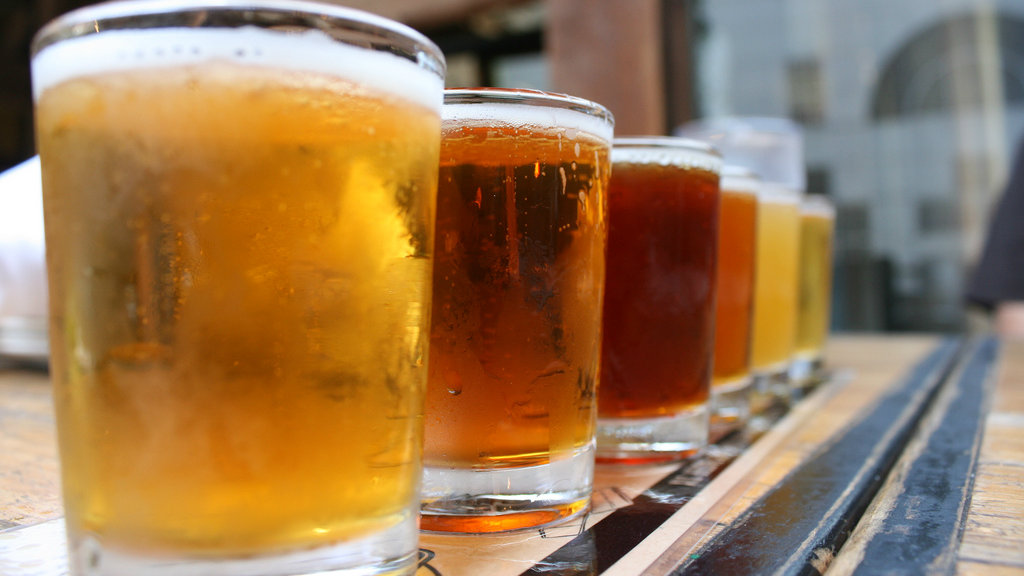Shares of Molson Coors Canada Inc. (TSX:TPX.A)(TSX:TPX.B) are down 21% since June 1 as of close on September 22. Molson Coors stock is also down 27% year over year. Concerns emerged in early February after a fourth-quarter report was released that showed losses incurred after a U.S. impairment charge of $495.2 million.
Molson Coors released its 2017 second-quarter results on August 2. Net sales revenue was down 0.6%, while earnings per share increased 4.2% to US$1.49, and Canadian brand volume declined 1.9%, while much stronger growth was seen in European and international markets. Investors’ reaction to this news was initially positive, but the stock has since dropped 11% since the post-earnings spike.
We have talked in past articles about strong economic tailwinds that could help companies like Restaurant Brands International Inc. (TSX:QSR)(NYSE:QSR). But could alcohol sales be bolstered by a stronger economy? After a brutal summer, does it make sense for investors to bet on a surge for the remainder of 2017?
Statistics Canada released a report in May that revealed Canadians spent $22.1 billion on alcohol in 2016, representing a 3.5% increase from the previous year. Of that amount, $9.2 billion was spent on beer, but wine and spirits have been steadily gaining. Beer has seen its market share drop from 46.7% to 41.5%.
Preference for beer is also changing dramatically — in particular, among the youth. Imported beer is steadily increasing in popularity, and the onset of microbrews in Canada has followed an American trend. Stocks such as Brick Brewing Co. Limited (TSX:BRB) have risen 26.9% in 2017. Of course, brewing conglomerates have combated this loss in market share by moving to acquire craft breweries.
Millennials are also drinking more wine than their baby boomer counterparts, which could put a dent in the market share for beer. A U.S. report by the Wine Market Council last year revealed that millennials consumed up to 42% of all wine drunk in 2015, beating out all other generations. With millennials now representing the largest generation in Canada and the United States, attracting them is something the beer industry is going to have to work on.
Is it worth a buy?
Molson Coors stock has dropped off steadily since reaching its all-time high of $147.85 about a year ago. Shares are at the lowest point since 2015, and slow growth in North America has soured investor sentiment.
To combat its decline, Molson Coors is looking to improve and enhance marketing, as well as bring a greater focus to above-premium brands. Aggressive mergers and acquisitions in the beer industry indicate that it is suffering from a similar problem seen in other low-growth markets. Though larger companies will work to gobble up craft breweries, it seems that beer will lose a greater degree of its market share. This will put a significant cap on growth and should make investors think twice about betting on a comeback.
Molson Coors stock offers a dividend of $0.52 per share, representing a dividend yield of 2%. So, those on the lookout for income can justify making the gamble, but they should be prepared to cut losses if results continue to dip heading into 2018.








